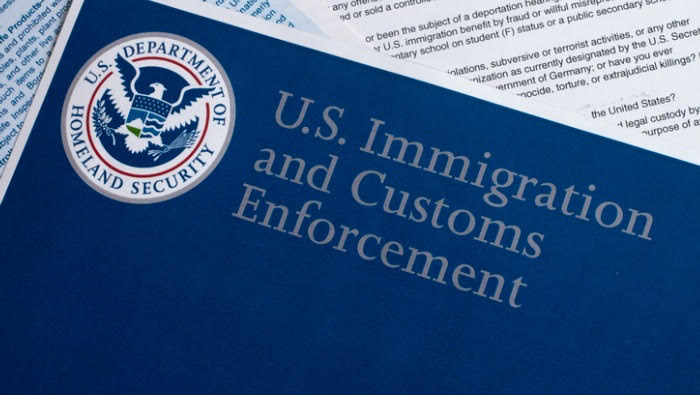The U.S. Immigration and Customs Enforcement (ICE) and the Department of Homeland Security (DHS) recently extended compliance flexibility that allows Form I-9 remote verification. This Form I-9 flexibility was first announced at the onset of the COVID-19 pandemic in March 2020 and has been extended several times since then. Specifically, the Form I-9 remote verification flexibility affects rules requiring physical document inspections. Namely, it relates to workers hired on or after April 1st, 2021, who work remotely because of the pandemic. This extension will now apply through July 31st, 2023. Earlier this month, the DHS proposed changes to Form I-9 and the verification process. Meanwhile, ICE is allowing employers to use the current version of Form I-9, which expires on October 31st, 2022 until the new version is available.
Background on Form I-9 Remote Verification Flexibility
In the midst of COVID-19 precautions implemented by employers and employees, the DHS introduced Form I-9 remote verification flexibility on March 20th, 2020. In brief, the agency exercised discretion to defer physical presence requirements associated with any Form I-9 inspections after that date. Therefore, when employers receive and review Form I-9 documents, the items would not need to be physically present. Specifically, this temporary policy change only applies to employers and workplaces operating remotely. In contrast, employees who are physically available are not eligible under the extension.
Current Extension of Form I-9 Remote Verification
Similar to the original extension, the DHS will evaluate certain COVID-19-related Form I-9 inspection flexibility on a case-by-case basis. Accordingly, employees working remotely because of COVID-19 are temporarily exempt from physical inspection requirements. In contrast, employees who report in-person to work on a consistent basis are still subject to physical Form I-9 inspections. Occasionally, employers cannot verify in-person Form I-9 documents of employees hired after March 20th, 2020. For this reason:
- Such employers may memorialize the reason(s) for this inability in a memorandum retained with each affected employee’s related documents; and
- ICE will evaluate such reason(s) on a case-by-case basis in the event of a Form I-9 audit.
The current Form I-9 remote verification flexibility extension is effective through July 31st, 2023. In particular, the guidance applies to covered workers hired on or after April 1st, 2021. According to ICE, the extension applies to these covered workers only until they undertake “non-remote employment on a regular, consistent, or predictable basis, or the extension of the flexibilities related to such requirements is terminated, whichever is earlier.”
Employer Takeaways
The workplace environment and related hiring and onboarding practices have evolved in various ways since 2020. Accordingly, the DHS regularly provides updated guidance that affects related legal requirements. However, employers still need to maintain legal compliance with employee recordkeeping laws, such as Form I-9 compliance. Therefore, employers should continue to monitor the DHS and ICE websites to avoid potential penalties and fines.

